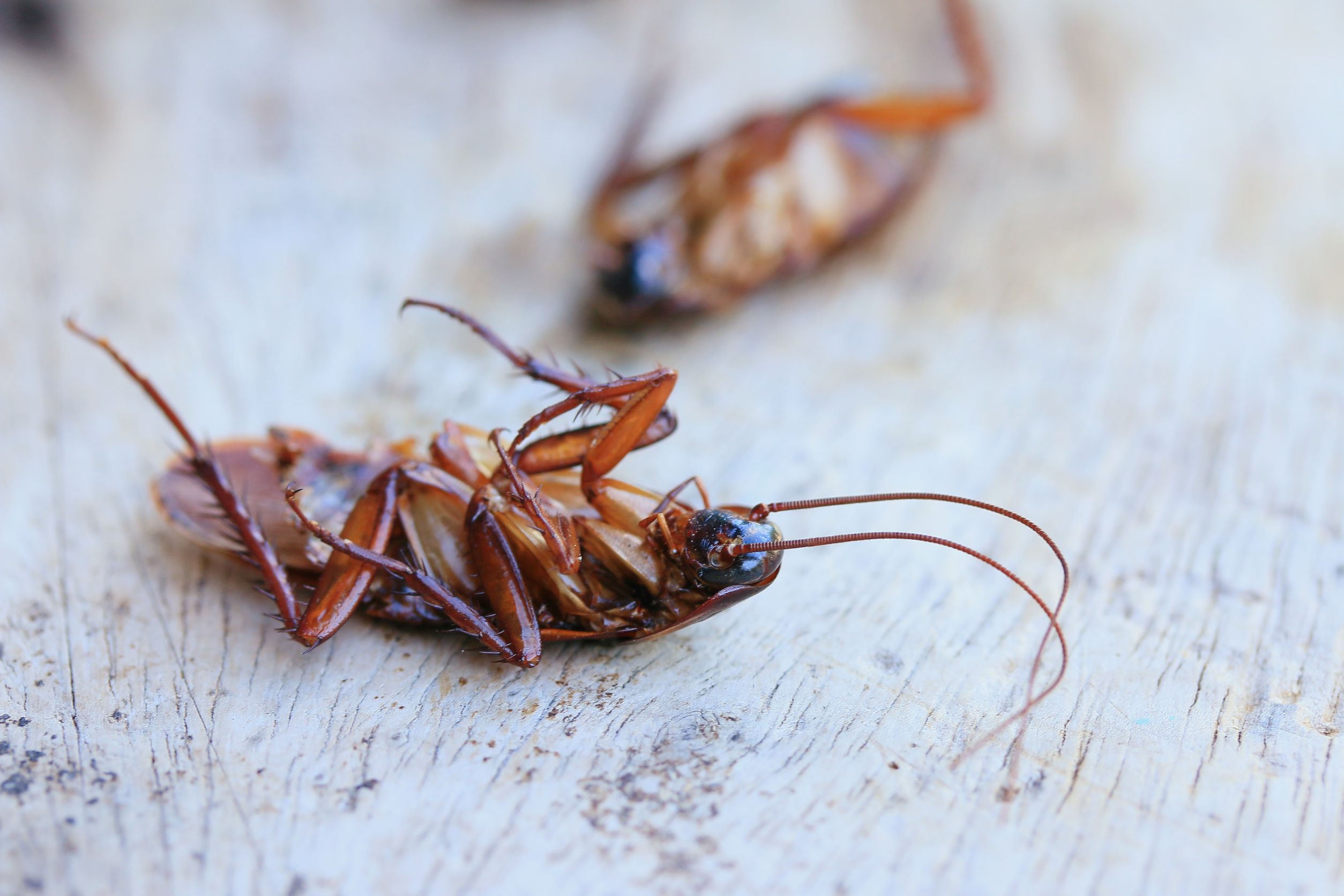Get Specialist Roach Control Near Me: Safeguard Your Home from Problem
Get Specialist Roach Control Near Me: Safeguard Your Home from Problem
Blog Article
Discovering Various Insect Control Techniques to Accomplish Long-Term Success in Handling and Preventing Problems in Residential Locations
Reliable bug control in houses demands a complex technique that balances immediate outcomes with lasting sustainability. By taking a look at a variety of methodologiesâEUR" including environment-friendly services, chemical choices, and Integrated Pest Monitoring (IPM) âEUR" homeowners can create methods that not only resolve present invasions but also avoid future occurrences. This expedition exposes the potential of cutting-edge practices and emerging modern technologies that might redefine traditional parasite administration. What might these improvements entail, and just how can they change our understanding of parasite control?
Understanding Parasite Control Techniques
Although parasites have existed along with humans for centuries, the techniques utilized to regulate them have progressed considerably gradually. Recognizing these techniques is essential for successfully managing and stopping infestations in residential areas. Parasite control techniques can be extensively classified into three main approaches: social, mechanical, and chemical.
Cultural techniques concentrate on changing the setting to lower parasite tourist attraction and reproduction. This includes proper hygiene, plant rotation, and habitat adjustment, which can considerably reduce pest populations. Mechanical control entails physical barriers and catches to manage parasites directly, such as screens, vacuums, and sticky traps. This method is often favored for its non-toxic nature and prompt outcomes.
Chemical control stays one of one of the most widely used methods, involving the application of pesticides to eliminate pests. While effective, this strategy demands careful consideration of security, prospective resistance development, and ecological influence. Integrated Parasite Monitoring (IPM) incorporates these techniques to produce an alternative method, advertising long-lasting pest avoidance and very little harm to helpful microorganisms. By comprehending these various pest control approaches, house owners can make enlightened decisions that promote reliable management and conservation of their living rooms.
Eco-Friendly Parasite Control Solutions
Just how can house owners successfully manage bug troubles while lessening their environmental influence? Green insect control remedies offer a lasting option to traditional approaches, prioritizing the wellness of both citizens and the bordering community. These options often make use of all-natural active ingredients and methods that interrupt parasite habits without introducing harmful chemicals into the setting.
One efficient strategy is using valuable insects, such as ladybugs and lacewings, which victimize usual parasites like aphids and mites. Additionally, diatomaceous earth, a natural powder made from fossilized algae, can be sprinkled in locations where pests are prevalent, serving as a desiccant that hurts bugs while continuing to be risk-free for human beings and pets.
Additionally, implementing safety nets is crucial. roach control near me. Property owners can make sure appropriate sanitation by sealing entrance points, preserving clean home, and handling waste properly. Growing pest-repellent herbs, such as mint and basil, can also discourage unwanted visitors
Inevitably, environmentally friendly insect control services empower house owners to deal with infestations properly, fostering a safer Get More Info living setting while advertising eco-friendly balance. By embracing these approaches, people can add to a much healthier world while efficiently managing pest-related concerns.
Chemical Bug Control Options
While eco-friendly remedies are significantly prominent, there are situations where chemical pest control options may be required for reliable management of serious problems. Chemical controls, including pesticides, fungicides, and herbicides, are typically used to quickly decrease insect populaces and mitigate damage to homes and gardens.
These products can be classified into two major classifications: artificial chemicals and all-natural chemicals. Artificial chemicals, such as pyrethroids and neonicotinoids, are crafted to target details pests, offering fast knockdown results. Alternatively, natural pesticides, originated from plant or mineral resources, may offer an extra ecologically pleasant alternative while still providing reliable outcomes.
Before employing chemical parasite control, it is essential to perform an extensive evaluation of the problem and identify the specific insect entailed. This makes certain that the selected chemical is both efficient and suitable. Additionally, home owners should comply with safety guidelines, consisting of correct application techniques and individual safety devices, to lessen wellness risks and environmental impact.
Integrated Insect Monitoring Techniques

Organic control involves the official statement usage of all-natural predators or bloodsuckers to handle insect populations. Physical controls, like traps or barriers, can avoid parasites from getting in homes or destructive crops.
Tracking and evaluation are important parts of IPM, permitting prompt treatments based on pest population limits. By prioritizing safety nets and using a mix of important source strategies, IPM not only addresses current infestations but additionally fosters long-lasting pest monitoring services that secure both human health and the atmosphere. This comprehensive technique is necessary for lasting pest control in suburbs.
Arising Technologies in Insect Control
The advent of emerging technologies in insect control is changing the means we take care of pest populaces, providing ingenious options that boost performance and effectiveness. Breakthroughs in precision agriculture, as an example, utilize information analytics and sensing unit technologies to keep track of pest task and ecological conditions, enabling targeted treatments that reduce pesticide usage.
In addition, drones furnished with imaging technology are being employed to survey huge locations for infestations, offering real-time data that help in prompt decision-making. Additionally, biotechnology is playing a pivotal duty, with the development of genetically changed microorganisms (GMOs) made to minimize bug populations while maintaining valuable varieties.

Lastly, clever catches and checking tools furnished with IoT capabilities enable property owners and bug control specialists to receive instant alerts about parasite activity, assisting in punctual activity. Collectively, these arising technologies not only enhance bug management end results however also add to environmental sustainability by minimizing reliance on standard chemical therapies.

Conclusion
In final thought, effective parasite control necessitates a multifaceted technique that integrates cultural, mechanical, and chemical methods. The combination of these approaches is crucial for attaining long-term success in parasite management.
Report this page